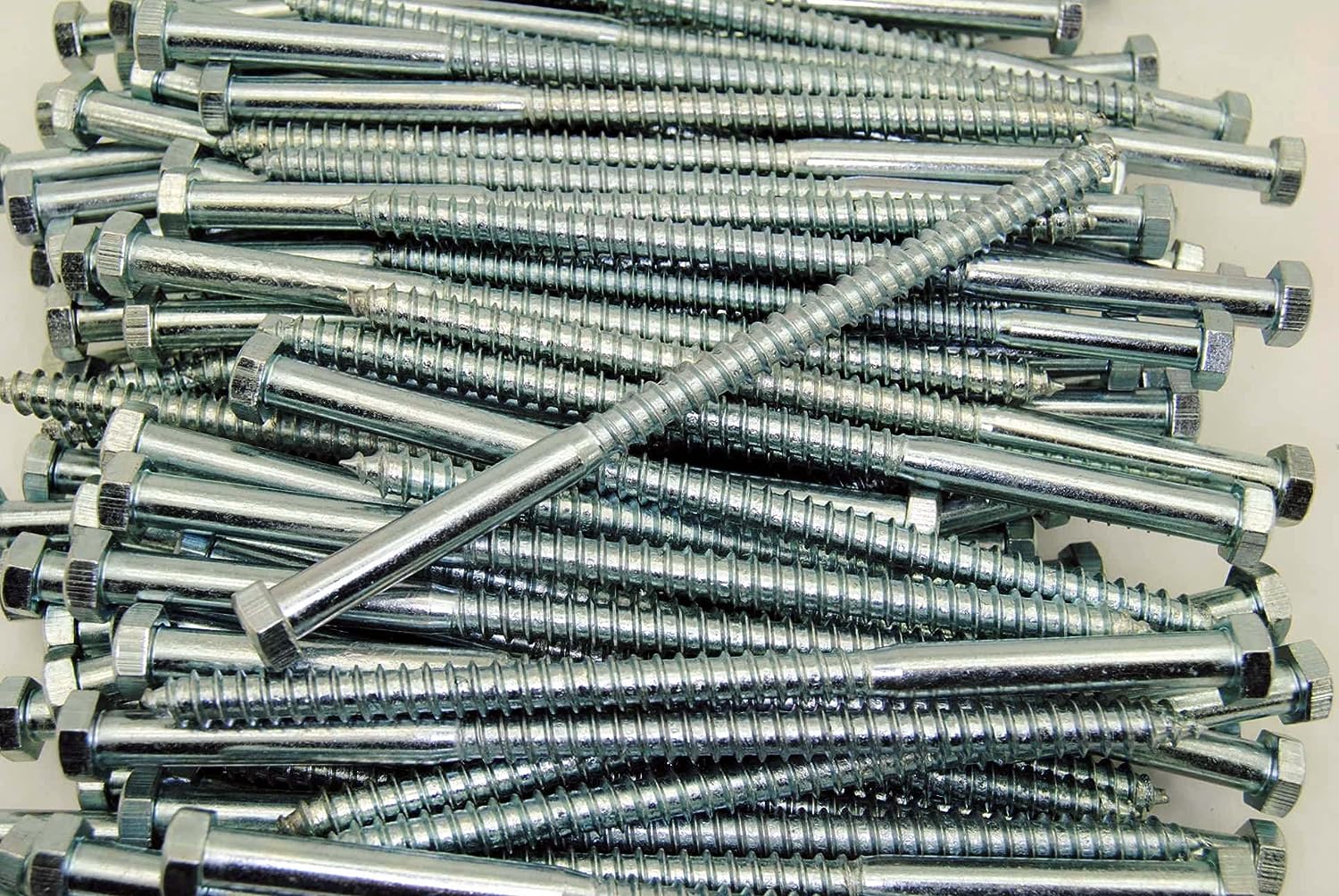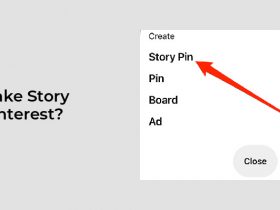A bolt is a threaded fastener that requires a nut to be tightened. The bolt can be made of various materials, including stainless steel and brass. Some bolts are also plated with Zinc, which has moderate corrosion resistance.
The size of a bolt is determined by its diameter and thread pitch. It is important to understand these terms when searching for the right bolt.
They are incredibly strong
In a bolted connection, the nut applies a clamping force and the bolt shank acts as a rod, preventing sideways movement shear forces. Therefore, a bolt has the potential to be much stronger than a screw. However, the choice of a bolt is a complex issue that involves many factors. Bolt length is one of these factors, and it impacts the end bearing strength of the bolted joint.
A good rule of thumb is to use a bolt diameter that’s 1.5 – 2.5 times thicker than the material you are fastening together. This will help ensure that the bolt can take a significant amount of tensile stress before failing.
A bolt’s threads also play a role in its strength. A bolt with a larger minor diameter, which is the distance between two opposite crests or tops of the thread, typically has a higher end bearing strength. A bolt with a smaller major diameter, on the other hand, has a lower end bearing strength.
They are easy to install
Bolts are easy to install, and they can be used in a variety of projects. They’re also able to withstand more pressure than nails or screws. They’re often used in construction projects, such as building walls and repairing car engines.
They’re available in a variety of lengths and diameters, so it’s important to find the right one for your project. The process of installing a bolt begins with drilling a hole that’s the same size as the bolt. Then, insert the bolt into the hole, and tighten it with a wrench, socket, spanner, or hex key.
When using a bolt, be sure to use a washer and nut. The washer distributes the force of the nut over a larger area and prevents the bolt from loosening over time. In addition, it’s important to choose the right type of nut to ensure that the bolt is secured properly. Stainless bolts are the ideal choice for applications that require corrosion resistance or heavy-duty loads.
They are easy to remove
Bolts are easy to remove compared to screws because they don’t require drilling and tapping. They also have a wider material compatibility, which makes them ideal for construction projects. However, they do have a downside: they can loosen over time due to vibrations and forces, especially in high-stress applications.
To remove a seized bolt, try lubricating it with WD-40 and then using vice-grip pliers or a long wrench to twist it loose. You can also heat it with a torch, which may help break through the iron grip that rust has on your bolt.
If you can’t get your seized bolt to budge, you might need to use a screw extractor. You can find these at hardware stores and they work by drilling down into the broken bolt threads. This method will destroy the bolt, but it will make it much easier to remove. You can also buy penetrating oil, which will eat away at the bolt and nut.
They are affordable
Unlike screws, bolts have an external thread that requires a nut to be tightened. They are also designed to fit into objects that already have a thread, such as tapped holes or pre-formed threads in the case of self-tapping screws. Bolts can be made from a wide variety of materials, including steel and stainless, in different lengths and head styles.
Keeping a good selection of bolts in stock is expensive for retailers, because they take up space and require a lot of handling. Additionally, most customers only buy a few at a time, so the average ticket is small. This makes it difficult for stores to justify the high price of a bolt.
Luckily, if you have a little patience, you can find some pretty inexpensive bolts at most hardware stores. However, if you’re looking for long SS wedge bolts at a bargain rate, you may want to look elsewhere. The best option is to go to a local industrial supply company like Hillman Fastners and ask for their bulk bins.




Leave a Reply